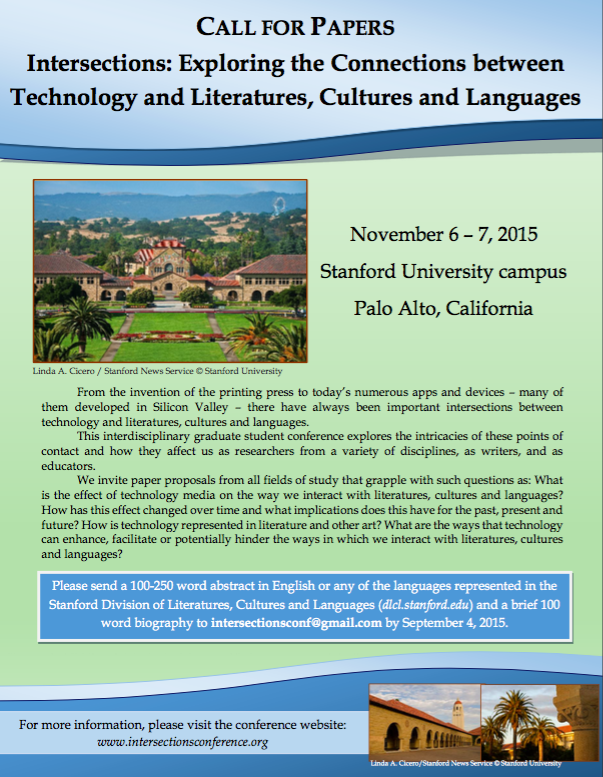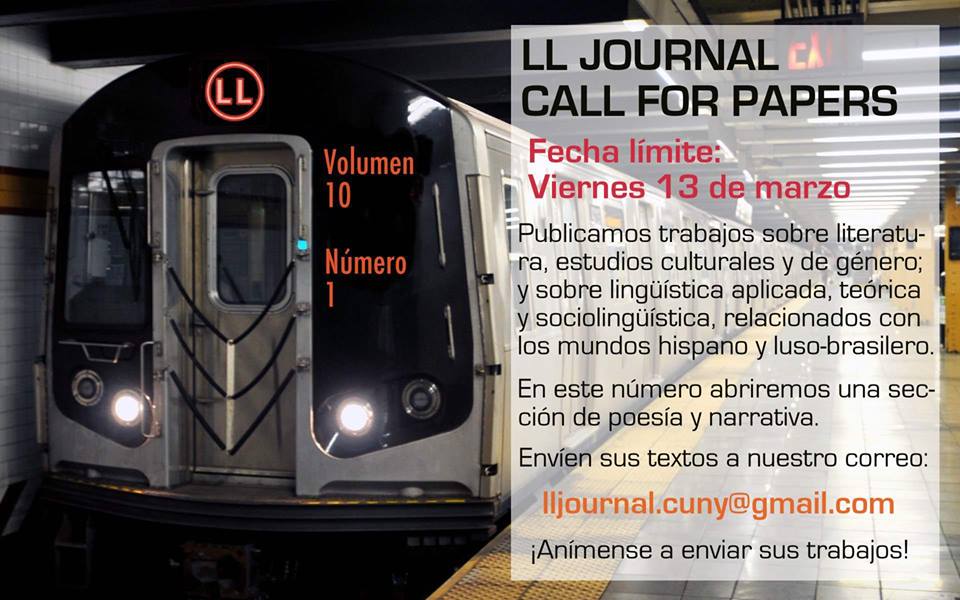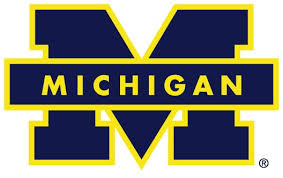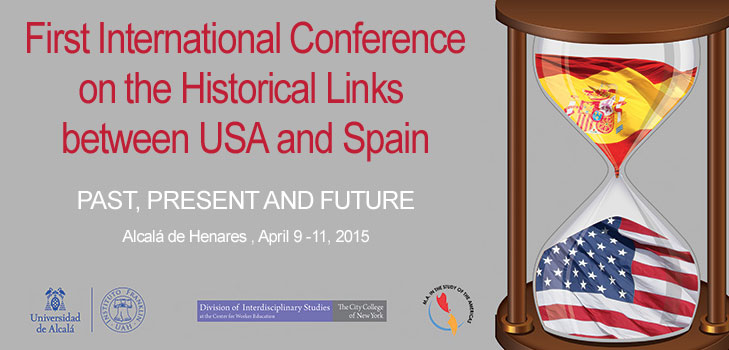The Second International Congress On Historical Links Between Spain and the United States
Past, Present, and Future
New York, New York
May 4-7, 2016
Deadline for abstracts: January 31st, 2016
From the conference organizers:
The study of the historical ties between North America and Spain is of vital importance for the Social Sciences and Humanities. Furthermore, the present and future of its inhabitants is marked and defined by economic and cultural ties. Current trends in globalization cannot be understood or analyzed outside the framework of these connections.
The City College of New York – Division of Interdisciplinary Studies, the Cervantes Institute of New York, and the Instituto Franklin of the Universidad de Alcala join for the second year in organizing this conference through this call for papers in different disciplines and areas of study with an emphasis on interdisciplinary approaches to the historical links between Spain and North America. The primary aim of the conference is to provide a meeting place for academics and professionals with an interest in other disciplines related to this subject as well as to interact with other members within and outside their own disciplines in the areas of Humanities and Social Sciences.
Find out more about the conference, the submission process, and read the complete call for papers on the congress website.







